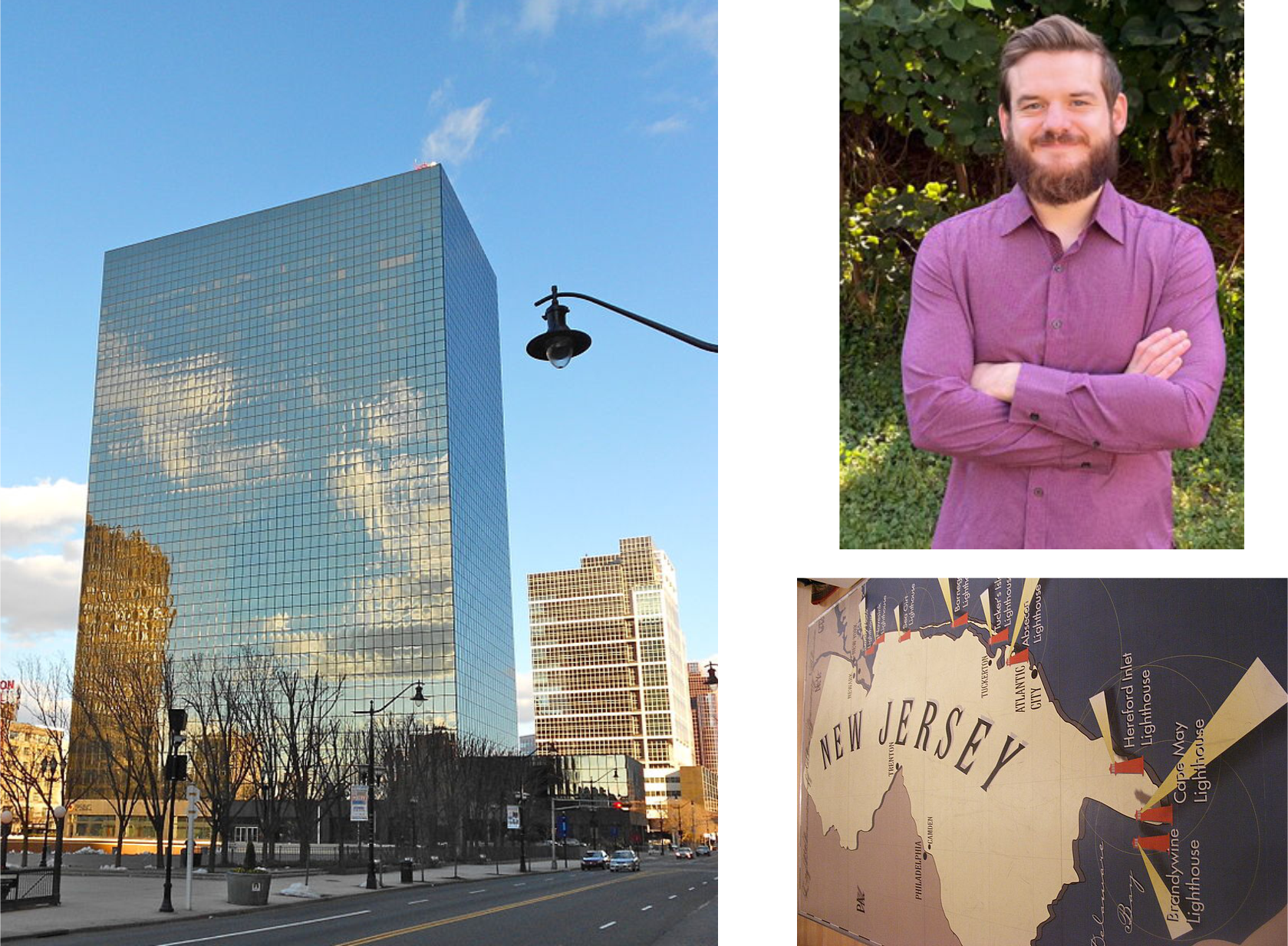Public Service Enterprise Group, or PSE&G, is a utilities company headquartered in Newark, New Jersey. Known as the largest provider of electricity and natural gas in the state, the company boasts a diverse power production portfolio, including investments in three nuclear power plants.
But despite its solid reliance on affordable and reliable energy, PSE&G released its 2024 board report indicating a major shift toward “renewables” such as solar and wind, including a $2.9 billion dollar commitment to its “Clean Energy Future” program which aims at reducing electric usage by 2% and gas usage by 0.75% annually.
This change in direction gave CFACT’s Nate Myers the opportunity, during PSE&G’s annual shareholder meeting last Tuesday, to ask CEO and President Ralph A. LaRossa this pointed question: “New Jersey’s energy grid is already under strain, and you admit there’s a backlog in connecting new generation. How do you plan to maintain reliability when you’re fast-tracking green energy mandates while retiring dependable baseload capacity?
Mr. LaRossa responded by stating, “Great question and very topical. There’s a lot of folks saying our grid is antiquated. However, that’s not a problem for PSE&G. We started transitioning our energy supply system back in 2003, now we’re really focused on the “last mile” of getting that transition into customers’ homes. There’s lots of balancing going on, between generation from fossil fuels, nuclear, or renewable energy. That’s all done by our regional transition authority. They provide the resources for us, and we deliver them. I think our grid will stack up well. It’s the best in the region.”
Despite LaRossa’s tactful response, CFACT wasn’t swayed. A sizeable portion of the company’s board appointees are openly hostile toward fossil fuels and nuclear energy, and its most recent board report indicates a serious newfound emphasis on so-called renewable energy to the detriment of proven power sources.
In fact, the company has recently stated publicly that it aims to achieve net-zero carbon emissions for its operations by 2030, and it even supports the state of New Jersey’s radical objective of going 100% (so-called) “clean energy” by 2035. We should expect this to work no better in New Jersey than it does in Europe where high prices and blackouts are common.
CFACT will continue to monitor PSE&G’s movement in the renewable energy market and keep its shareholders apprised.
